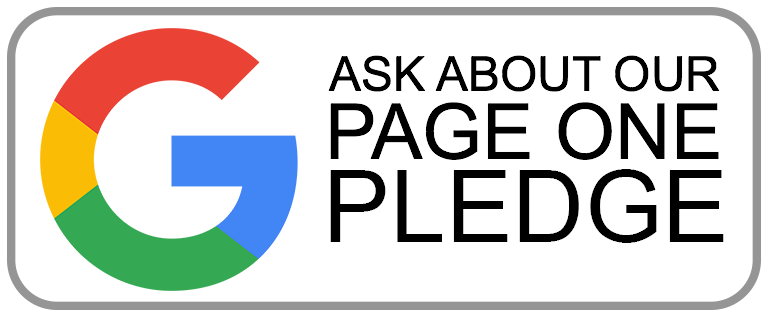In the ever-evolving landscape of digital marketing, search engine optimisation (SEO) has proven to be a vital strategy for businesses to improve their online visibility and attract organic traffic. However, as technology advances at an unprecedented rate, a new force is emerging that promises to revolutionise the SEO landscape: artificial intelligence (AI).
Enhanced Keyword Research and Optimisation
AI-powered tools are transforming the traditional keyword research process. Machine learning algorithms can now analyse vast amounts of data to identify patterns, user intent, and emerging search trends. This enables marketers to generate more accurate keyword recommendations and optimise their content accordingly. AI-powered SEO platforms can also provide real-time insights on keyword performance, allowing businesses to adapt their strategies dynamically.
Improved User Experience
AI algorithms can analyse user behaviour and engagement metrics to assess the quality and relevance of content. Search engines, such as Google, are increasingly prioritising user experience as a ranking factor. AI can help businesses identify areas for improvement, such as page load times, mobile responsiveness and content readability. By optimising the user experience, businesses can increase engagement, reduce bounce rates and improve their search engine rankings.
Personalised Search Results
AI algorithms can analyse user data and preferences to deliver personalised search results. This means that search engine rankings can vary based on individual preferences, location, and previous search behaviour. Businesses must adapt their SEO strategies to cater to these personalised search results. AI-powered tools can provide valuable insights into user preferences and behaviour, helping businesses tailor their content and optimise their websites for improved personalisation.
Voice Search Optimisation
With the rise of voice assistants like Siri, Alexa, and Google Assistant, voice search has become a prominent feature in many households. AI-powered natural language processing (NLP) algorithms enable search engines to better understand and respond to voice queries. Optimising content for voice search requires a shift in keyword strategy, focusing on long-tail conversational phrases and providing concise, direct answers. AI tools can help identify relevant voice search queries and guide businesses in optimising their content accordingly.
Advanced Data Analysis and Reporting
AI algorithms excel at processing and analysing large volumes of data quickly and accurately. This capability allows marketers to gain deeper insights into SEO performance, identify patterns and make data-driven decisions. AI-powered analytics tools can provide comprehensive reports on keyword rankings, traffic sources, user behaviour and conversion rates. These insights enable businesses to refine their SEO strategies, identify areas of improvement and maximise their digital marketing efforts.







